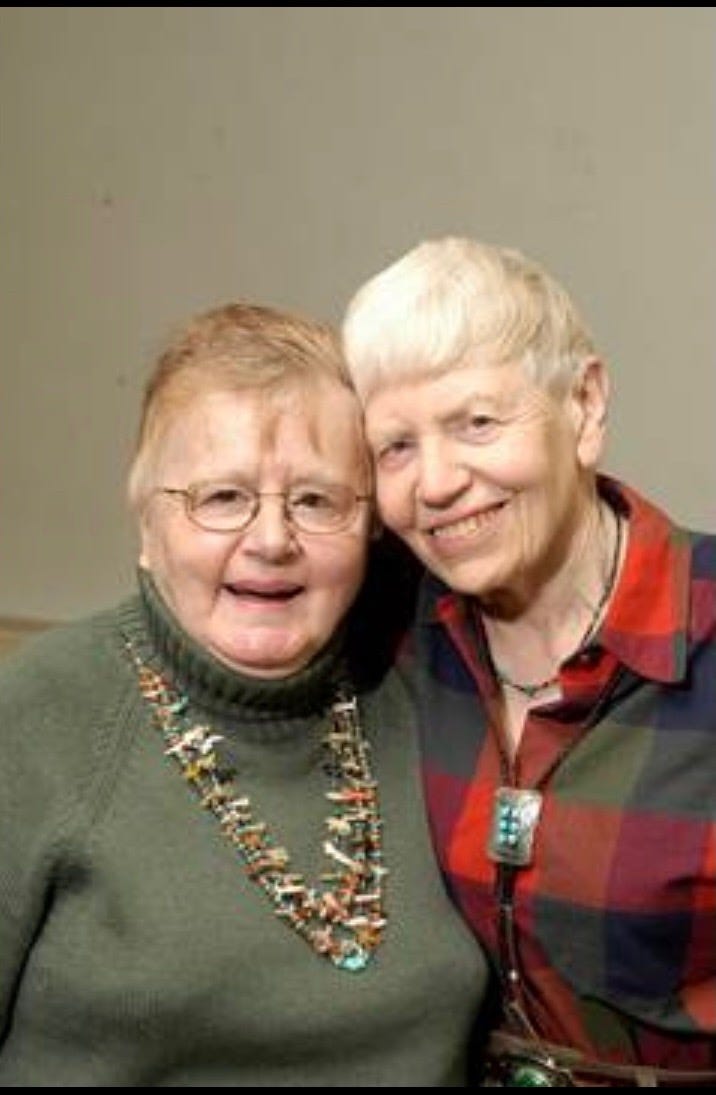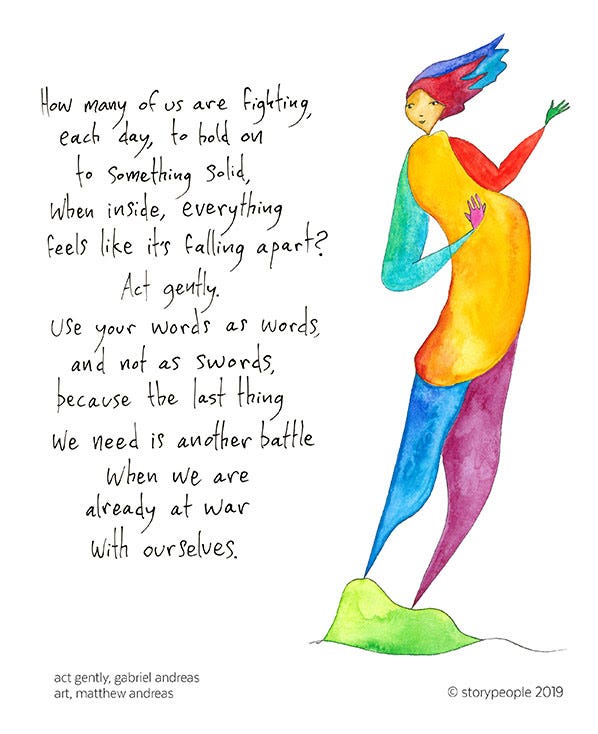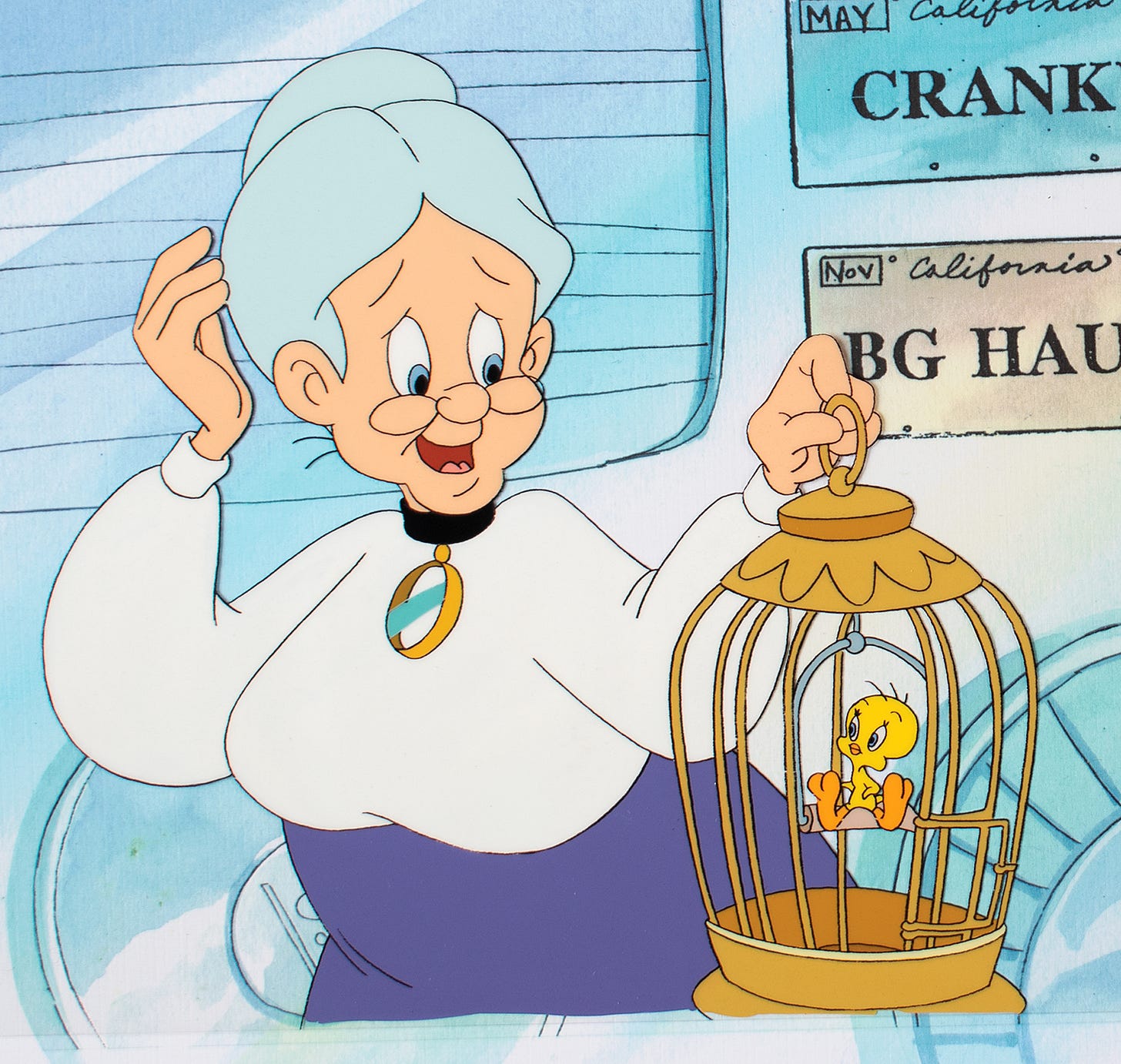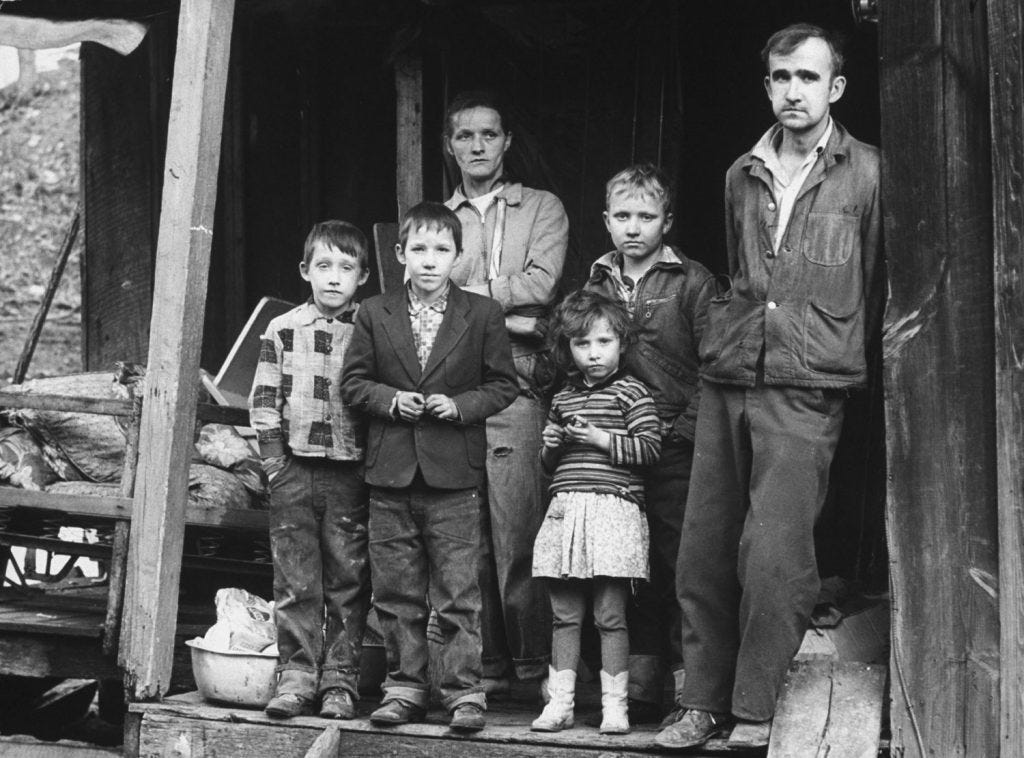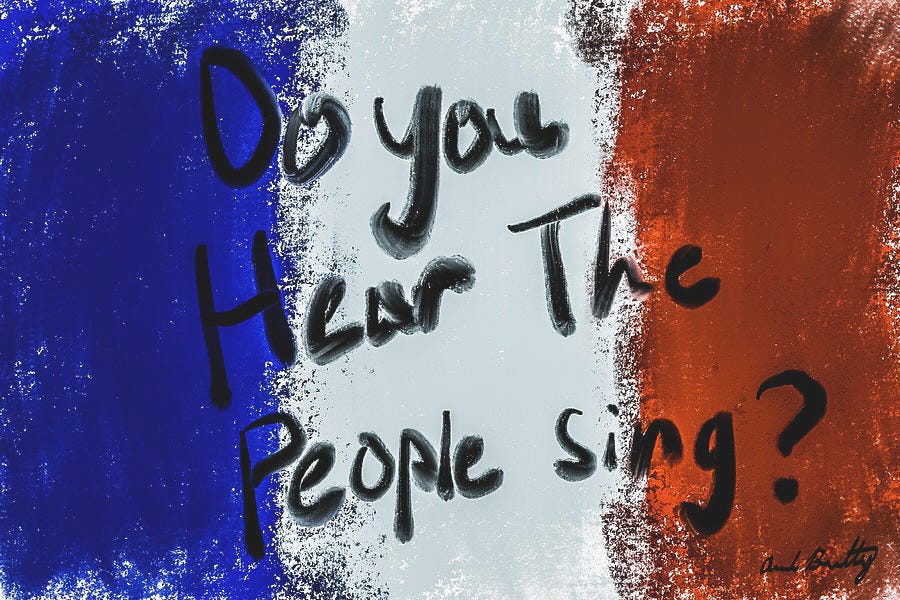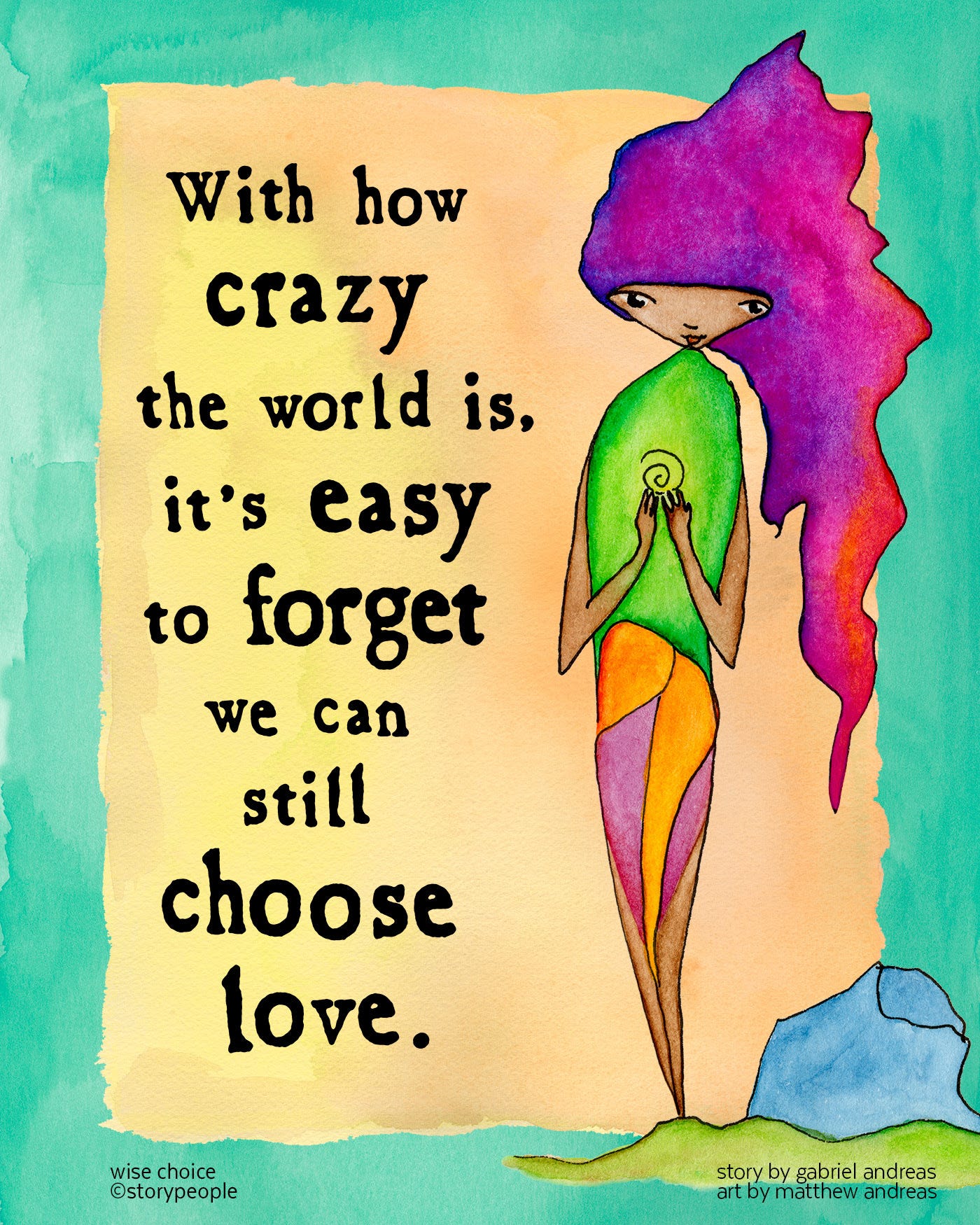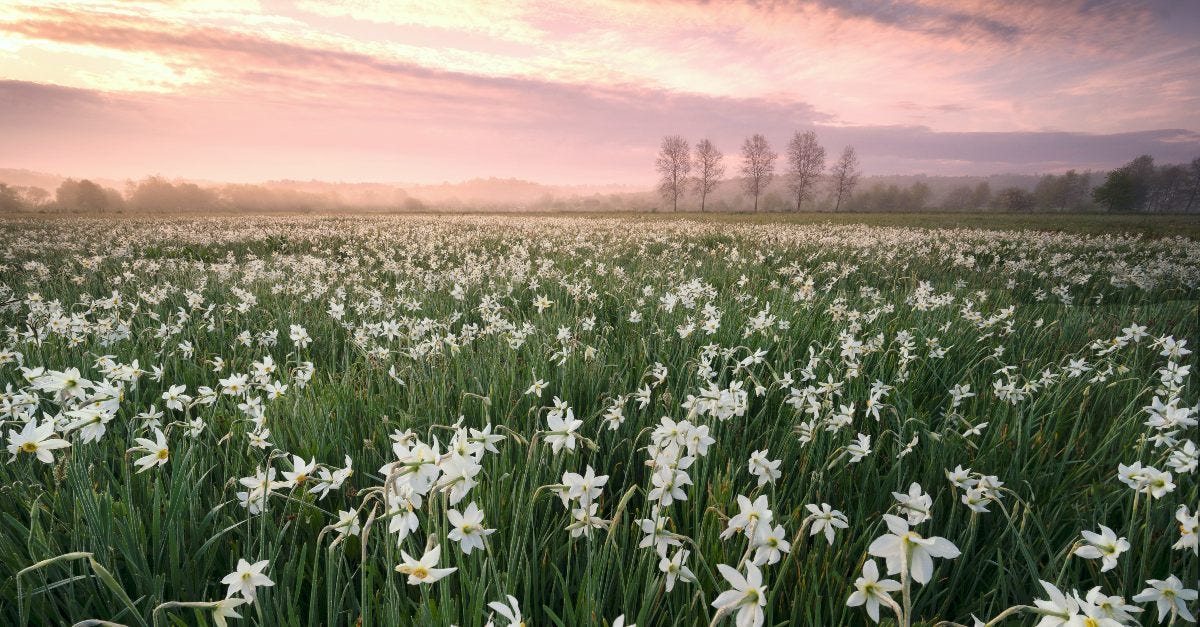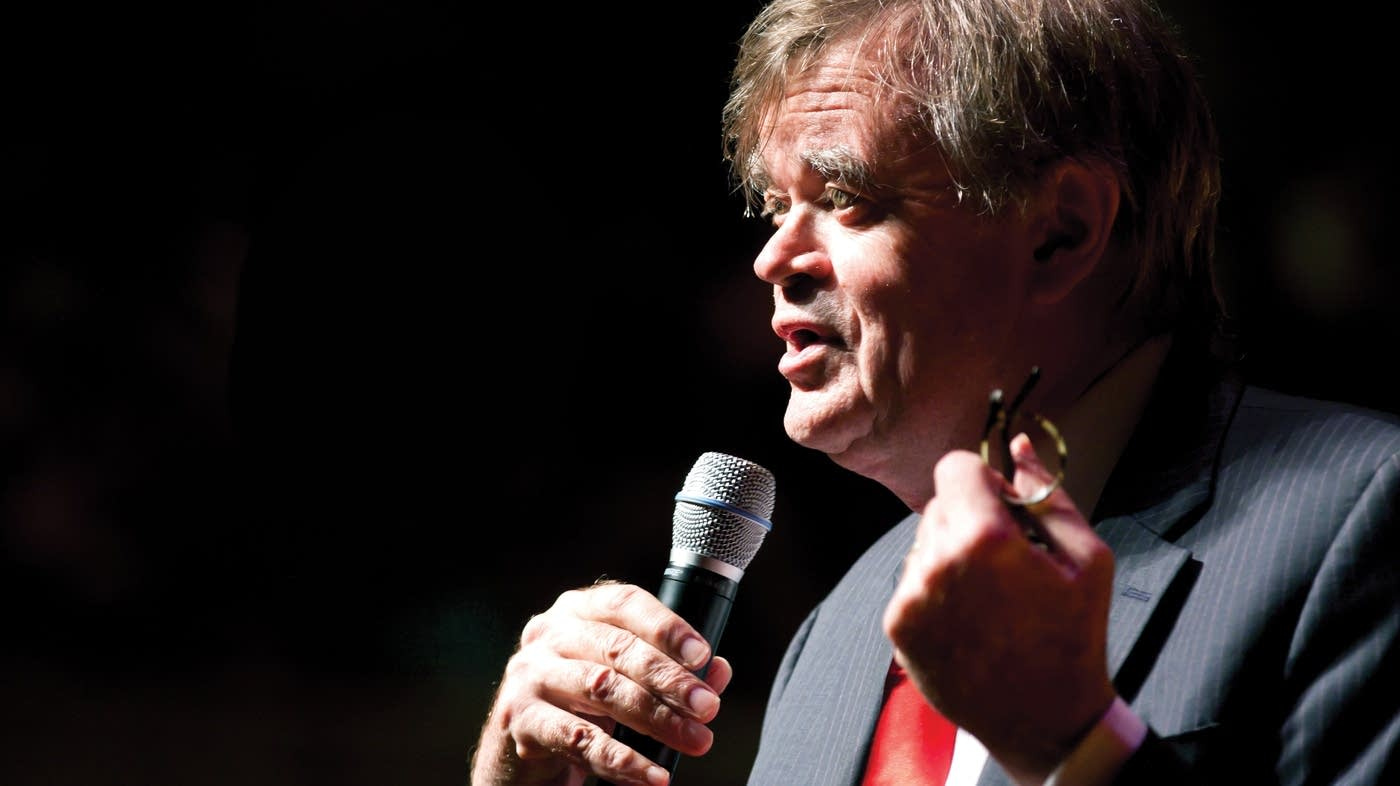Fighting against an enemy that doesn't exist.
If
memory serves, and it does less and less these days, it was 1978.
Boston. We were in the basement of the Unitarian Universalist Church on
Boylston Street. It was the Thanksgiving Dinner for the Boston Chapter
of the Daughters of Bilitis, the first lesbian civil and political
organization founded in 1955 by eight women in four couples, including
Del Martin and Phyllis Lyons.
We had reached out to
Sheri Barden and Lois Johnson, the founders of the Boston Chapter, for
legal help with our child custody case - the first in Bristol County,
MA. They, in turn, had invited us to several small gatherings in their
five-story brownstone walkup in the South End. But this - this was our
first EVENT. We were about to be in one room with more lesbians than we
thought existed in the whole world.
For two Roman
Catholic, fairly sheltered young women from the mill towns of Fall
River-New Bedford who had no idea but were just finding out what our
love for each other had gotten us into, the idea was daunting.
We
had come down from Portland, ME where we were living to help set up the
room and transform it from a dingy church basement to a welcoming space
for women who would not be able to celebrate the holiday with their
families or children. Neither would we, which was part of the glue which
held us all together.
There were only about half a
dozen women who had arrived and most of them were in the kitchen,
tending to the turkeys in the oven and hovering over all of “the sides”.
Sheri asked if we would help Martha set up tables and chairs. Young and
strong and looking for a place to put all our anxious energy, that
seemed a good thing to do.
That’s when I saw her. I
pegged her immediately as either a teacher or a librarian. Long,
pleated wool skirt and wool jacket with patches on the sleeves. White
blouse with Peter Pan collar. Knee socks and penny loafers. Straight
hair, parted on the side and held with a barrette. Glasses. Horn-rimmed.
Teacher or librarian, for sure.
Except, when she
went to move a large, oblong table, I almost gasped at the ease with
which she lifted it and carried it across the room to place it in the
center of the room. She just hoisted that sucker up like it was made of
paper. And, all by herself, she steadied it, unfolded the legs, then
flipped it over, standing back for a moment to check her work and the
position of what was obviously “the serving table”.
Then,
she walked - sort of a half-march, with deliberate energy - over to get
another table. There was something about her “energy”. I was drawn to
it and confused by it at the same time.
Sheri came
out of the kitchen, came over to me, and said, “Ah, I see you’ve found
Martha.” “That’s Martha?” I asked, maybe just a little too loudly. If
Martha heard, and I’m sure she did, it didn’t distract her from her
task.
”Yes,
my love, that’s Martha. She’s transgender.” “She’s WHAT?” I said, this
time more softly. Sheri smiled, “Trans. Gender. You know, like Christine
Jorgensen.” “Really?” I said, sounding like a 6th grader at the museum,
discovering a new creature I didn’t know existed, except in science
books.
”Yes,” laughter Sheri, “We have them here,
too. Queer people are everywhere.” I cringed. I mean, it was 1978. I was
just getting used to the word ‘lesbian’. “Queer” was still a derogatory
term - like the ‘N’ word for a person of color.
”Martha
used to be a scientist at MIT. She’s brilliant. Really brilliant. A
leader in her field of study. She had her surgery a year or so ago. She
decided that since she was no longer he, she would no longer work as a
scientist because there were no women scientists in her department. So,
she became a secretary. She wanted to stand in solidarity with most of
the other women at MIT and take on the same role they did. MIT objected
but finally gave her a “transitional” position in the secretarial pool.”
”But
wait,” I said. She used to be a man, but now she’s a woman. What is she
doing in a lesbian organization? I mean, if she’s now a woman,
shouldn’t she be heterosexual?”
I’m sure Sheri
wanted to laugh, but she didn’t. “Honey,” she said, “first thing you
have to understand is that Martha has ALWAYS been a woman. She was
assigned a gender at birth and tried to live into that identity but she
realized it was making her sick. So, she got help and now she is who she
has always been - the way God made her and not what her parents
wanted.”
”Okay,” I said. “I got that part. But, she’s a lesbian . . . .?
Now Sheri chuckled, “Yes. Because gender and sexuality are two different things.”
I
repeated it out loud. “Gender and sexuality are two different things.
Of course they are. I’ve just never thought about it before. Whoa,” I
said, “I’ve got so much to learn.”
”We all do,”
Sheri said, “Not every woman here understands Martha either. So, you go
over and let Martha know that she is welcome here. And, while you’re at
it, get some tables set up. We’ve got about 100 women who’ll be here in
about 30 minutes.”
I tell you this story to say that
there is a part of me that understands the confusion and anxiety some
people feel about transgender people. I’d be lying if I said that I just
simply added the “T” to the Alphabet of LGBT, stirred lightly and then
drank the Queer Kool-Aid.
Human beings are complex
creatures and Nature is a lot more random than we were first taught.
There is a delicate interplay of genetics and body chemistry, combined
with emotion and physicality, which are influenced by family and culture
and religion, which all lead to an individual’s perception and
understanding of themselves. Or, confusion about who they know
themselves to be.
I understand the confusion. I don’t understand the cruelty.
I
live in Delaware. We just elected the first transgender person to
Congress, Representative Sarah McBride. Sarah is smart and gentle and
kind and dedicated to and laser-focused on serving her constituents. She
served first in the State House of Representatives and now serves in in
Washington, DC.
She has not been treated well in
the Lower Chamber of the Federal government. She hadn’t even been sworn
in when Republican Nancy Mace, a Representative from South Carolina with
a real hunger for the spotlight, introduced legislation that would bar transgender women from using women’s restrooms and other facilities on federal property. The GOP majority proved just how low the Lower Chamber can get and passed that legislation.
What is it with the MAGA-Republicans and their fascination with genitals? I don’t get it. I mean, it’s just pee!
Well, it gets worse. Last month, Rep. Mary Miller, referred to McBride as "the gentleman from Delaware, Mr. McBride,"
when recognizing the lawmaker for a floor speech last month. Last week,
the Rep. Keith Self, R-Texas, introduced her as “Mr. McBride.” Sarah,
always classy, gently said, “Thank you, Madame Chair.”
"I
mean, he is allowed to live his life — in fact, I spent 25 years on
active duty defending his right to live his life as he chooses. But I
don't have to participate in his fantasy," Self said.
 |
Rep Sarah McBride and Rep. Keith self |
I think the only "fantasy" is the one in Self's head. He needs to put down whatever magazine he's been reading and spend some time reading the reports of scientists and doctors who have been studying gender for decades.
Ah, but wait. There’s more. Right here in the land of “Delaware Nice.”
A Delaware lawyer and a state lawmaker have
filed a federal complaint that seeks to have the state prevent
transgender girls from playing on girls’ middle and high school sports
teams.
Yet in Delaware, where students are permitted to play on school teams that match their gender identity, there are no known transgender athletes to ban. Nor have there been in recent years, if ever, state officials said.
That reality, however, hasn’t
stopped attorney Thomas S. Neuberger and Sussex County Republican Sen.
Bryant Richardson, who have long sought to keep transgender girls off
girls’ track, swimming, volleyball, and other teams.
Should
the state “illegally refuse” to comply, Neuberger and Richardson want
the Trump administration to issue an order “terminating all federal
educational funding” to Delaware.
Forfeiting those
federal dollars would be a major blow to Delaware. Currently, the state
gets about $336 million annually — about 10% of the total cost to run
Delaware K-12 public schools — from the feds.
And, what does our Governor, Matt Meyer, a Democrat, have to say about this? His spokesman, Nick Merlino, reported this,
“Gov. Meyer doesn’t believe that trans girls should be playing in
girls’ sports, but ultimately he defers those decisions to the leagues
and localities.”
That’s NOT what Matt Meyer said
when he was seeking our endorsement. He said he was supportive of Gender
Identity and Affirming Medical Treatment Decisions.
During
the campaign, Candidate Matt Meyer repeatedly said, “Every Delawarean
deserves the freedom to be healthy, prosperous, and safe,” adding “One
of the greatest dangers to our youth today is that they too often are
taught not to love their true selves.” He also promised to “promote and
support a culture of inclusivity and fairness in our schools.”
Yes, Governor Meyer will be hearing from this constituent who voted for him.
In contrast, here’s what Spenser Cox, the (Republican) governor of Utah (yes, you read that right. Republican. From Utah) wrote:
Finally, there is one more important reason for this veto. I must admit, I am not an expert on transgenderism. I struggle to understand so much of it and the science is conflicting. When in doubt however, I always try to err on the side of kindness, mercy, and compassion. I also try to get proximate and I am learning so much from our transgender community. They are great kids who face enormous struggles. Here are the numbers that have most impacted my decision: 75,000, 4, 1, 86 and 56.
75,000 high school kids participating in high school sports in Utah.
4 transgender kids playing high school sports in Utah.
1 transgender student playing girls sports.
86% of trans youth reporting suicidality.
56% of trans youth having attempted suicide.
Four
kids and only one of them playing girls’ sports. That’s what all of
this is about. Four kids who aren’t dominating or winning trophies or
taking scholarships. Four kids who are just trying to find some friends
and feel like they are a part of something. Four kids trying to get
through each day. Rarely has so much fear and anger been directed at so
few. I don’t understand what they are going through or why they feel the
way they do. But I want them to live. And all the research shows that
even a little acceptance and connection can reduce suicidality
significantly. For that reason, as much as any other, I have taken this
action in the hope that we can continue to work together and find a
better way. If a veto override occurs, I hope we can work to find ways
to show these four kids that we love them and they have a place in our
state.
He vetoed the anti-trans bill.
I
understand how transgender can be confusing. I don’t understand the
cruelty. I have some ideas about the ferocious rise of testosterone -
which affects men and women - as well as the rise of racism and misogyny
which prevented otherwise intelligent people from voting for a Black
woman for POTUS. I think what we’re seeing with transpeople - especially
transwomen - is all part of the MachoMale culture that is all part of
the new administration.
The MAGA folk seem to be
boxing with Transgender shadows, against an evil that is a projection of
their own insecurities about gender and sexuality.
I
am certainly more than willing to give people the same space to learn
and grow as I was afforded, but you’re not allowed to be mean and cruel
just because you don’t understand and have a hard time accepting. And,
don’t hold an entire state program financially hostage because they are
not bending to your perspective.
I am asking for my governor and other elected representatives in government to take a lesson from the Governor of Utah, When in doubt, however, . . . always try to err on the side of kindness, mercy, and compassion.”
That’s
some pretty good advice, right there. It’s one I learned in a church
basement in Boston MA in 1978 when I was anxious and afraid and in doubt
about my own gender and sexuality.
Thanks to a transwoman named Martha who helped to teach this woman how to be a good person.

